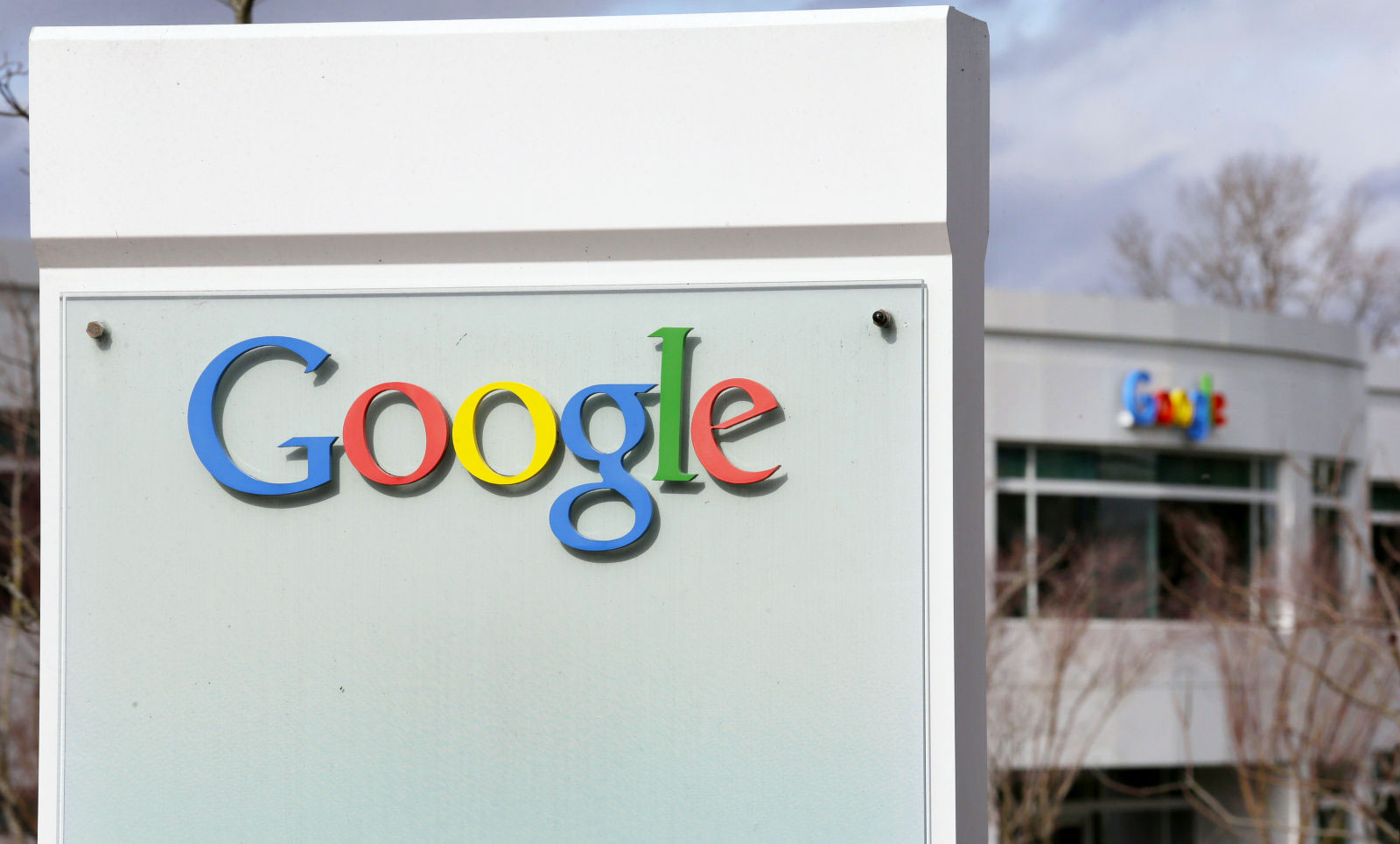Google tinkers with Chrome cryptosecurity to fight quantum hacks
Today’s encryption is an arms race as digital security experts try to hold off hackers’ attempts to break open user data. But there’s a new tech on the horizon that even the NSA recognizes as crucial to protect against: quantum computing, which is expected to dramatically speed up attempts to crack some commonly-used cryptographic schemes. To get ahead of the game, Google is testing new digital security setups on single-digit populations of Chrome users.
Quantum computing is such a potential threat because it can do many more simultaneous calculations than current computers. Modern binary bits can only be in two states when electric current is run through them: 0 or 1. But the ambiguous nature of the quantum state means its elemental units (known as “qubits”) could be in either state at a time, so two could potentially be in four orientations at one time: 00, 01, 10 or 11. That ambiguity is exponential, so three qubits could be in eight at a time, and so on.
Security experts aren’t just concerned that quantum computers’ higher speed means faster rates of cryptography-cracking: They’re worried that future hacking methods could come back to today’s encrypted data and pry it open. But that’s in the future: as Wired points out, crypto experts say you would need a quantum computer with hundreds of thousands of qubits, and IBM’s only has five.
Google’s experiments with Chrome are more future-proofing than immediate security triage. Their new method replaces the browser’s current elliptic curve crypto for one in combination with another common scheme, Ring-LWE, so hackers would theoretically have to break both. Hopefully this will prompt the security community to come together and poke holes in their new setup, leading to a more refined safety solution going forward, a Google Chrome security engineer told Wired.
(36)




